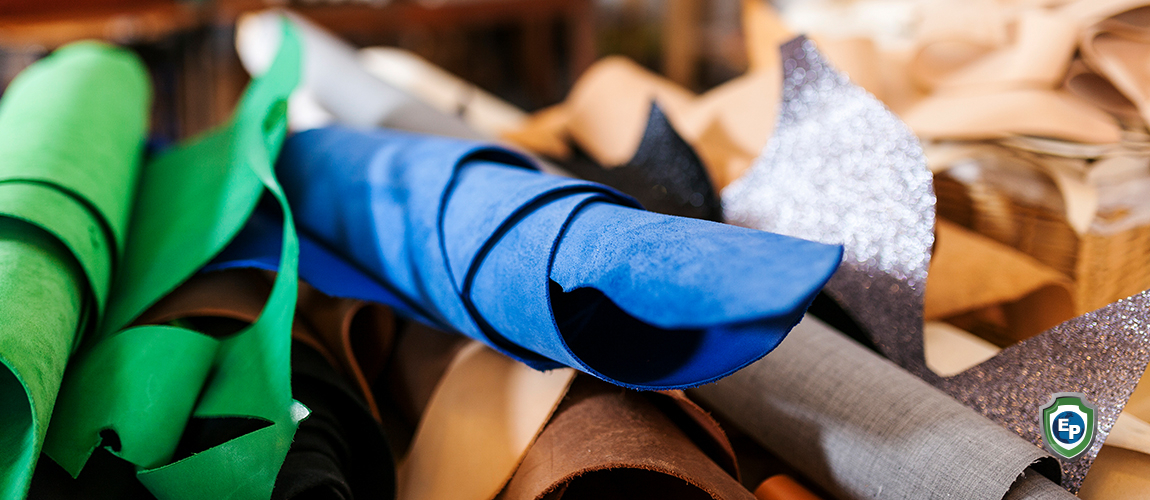Cameroon’s Textile Industry
The textile industry in Cameroon is a tale of missed opportunities but still keeps the vast potential of cotton farming, processing, and marketing meet proper investment. Read More!

The textile industry in Cameroon is a tale of missed opportunities but still holds vast potential if cotton farming, processing, and marketing meet proper investment. Cameroon is the largest producer of cotton in Central Africa, but less than 5 percent of an estimated 250, 000 tonnes per annum is processed locally.
Cheaper processing outside of Cameroon means most of the cotton leaves. The returning product is significantly more expensive for local consumers and loses revenue that might have been added back to Cameroon. Over recent years, production has also slumped with unpredictable weather, poor maintenance of machines, and poor soil management. Rather than rake in the revenues from local and regional markets, CICAM, Central Africa’s lone textile processing plant, is plagued with internal management issues and competition from imports. This accounts for more than 80 percent of apparel sold on local markets. Added to these drawbacks are recent boycotts of CICAM’s most high profile product, the Women’s Day fabric, which sold just half of what was produced in 2019.

The problems plaguing the sector haven’t gone unnoticed by local authorities. Foreign partners also see the industry as a driver of growth and poverty alleviation, especially in the northern regions of Cameroon. Over two million people benefit from the cotton trade, one of the reasons why Cameroon is working on loan and grant schemes to pump investment into cotton.
The sector has already been designated as one of the beneficiaries of the next round of EU investments for 2020-2021. Its target is to double cotton production and exports. Locally, laws have been passed to limit the importation of second-hand clothes and dumping of low-quality garments, but these efforts are hampered by smuggling and corruption. Not only that, but online B2B trade marketplaces like Export Portal make it easy for textile companies to grow and share their product worldwide.
Modern fashion designers tapping into Cameroon’s rich fabric culture represent the biggest promoters of Cameroon’s textile sector. They’re bringing cool back to what has been seen over the past decades as traditional. These makers and exporters of culture can help the industry find its soul.






Comments 0